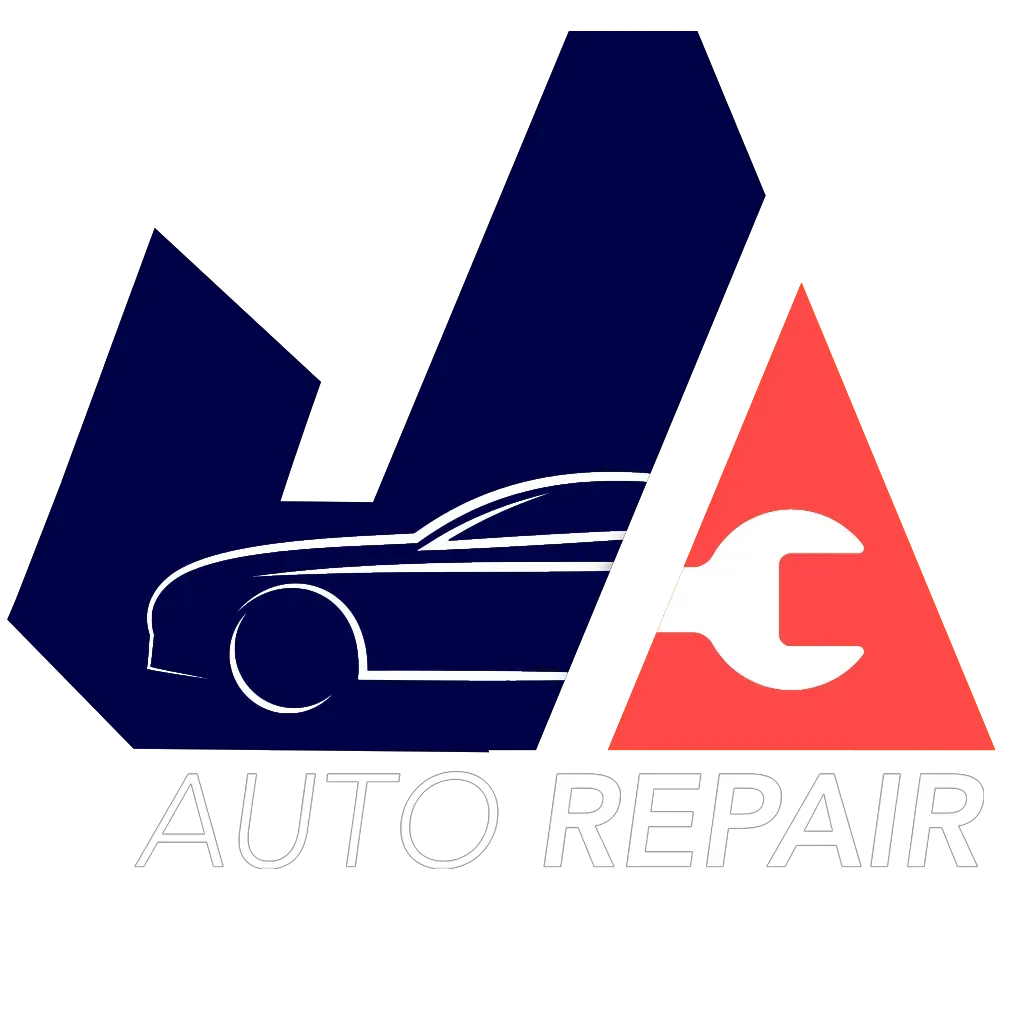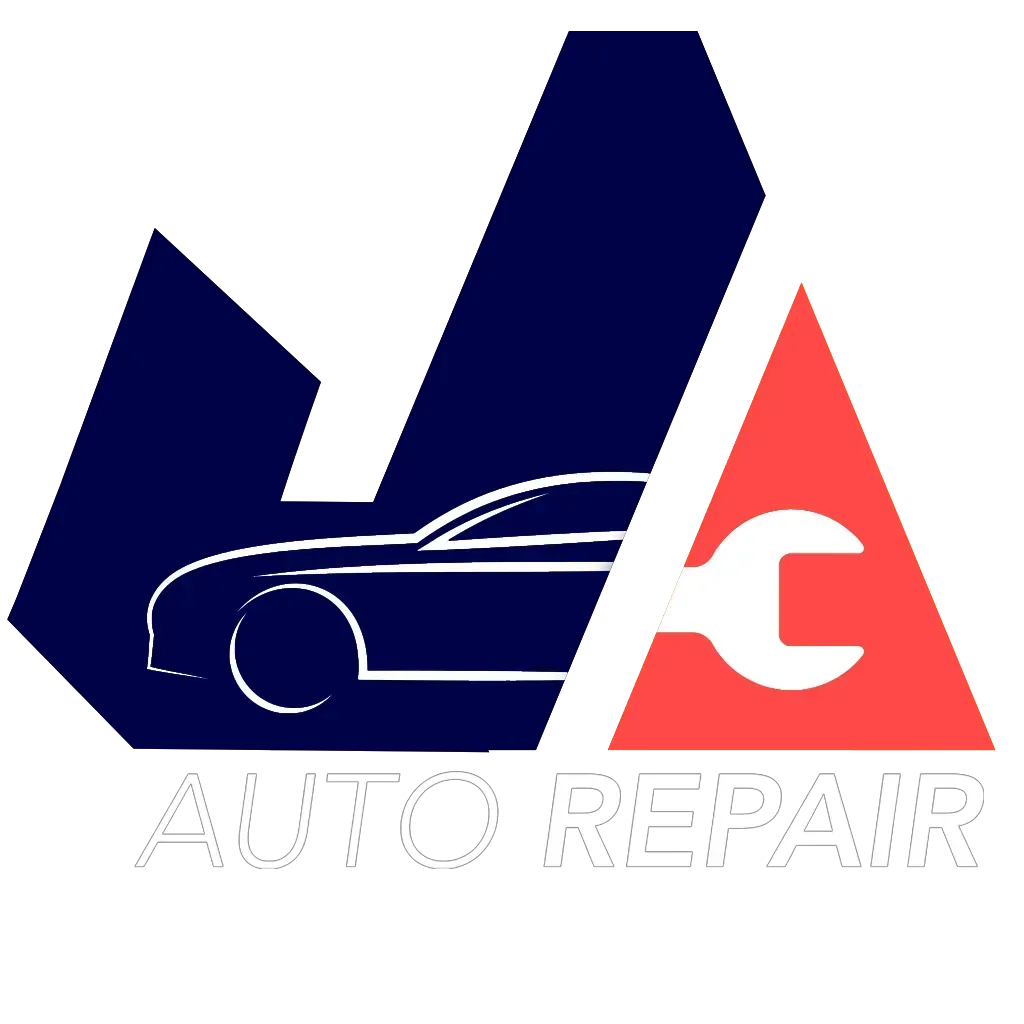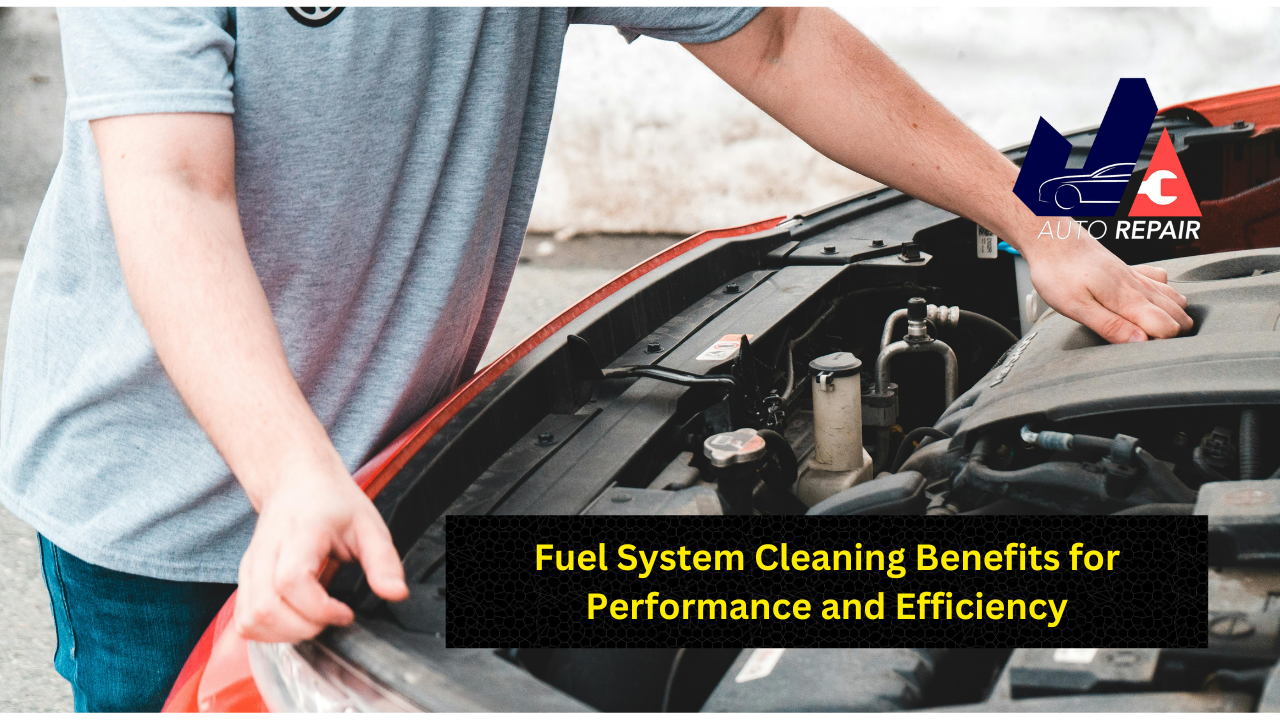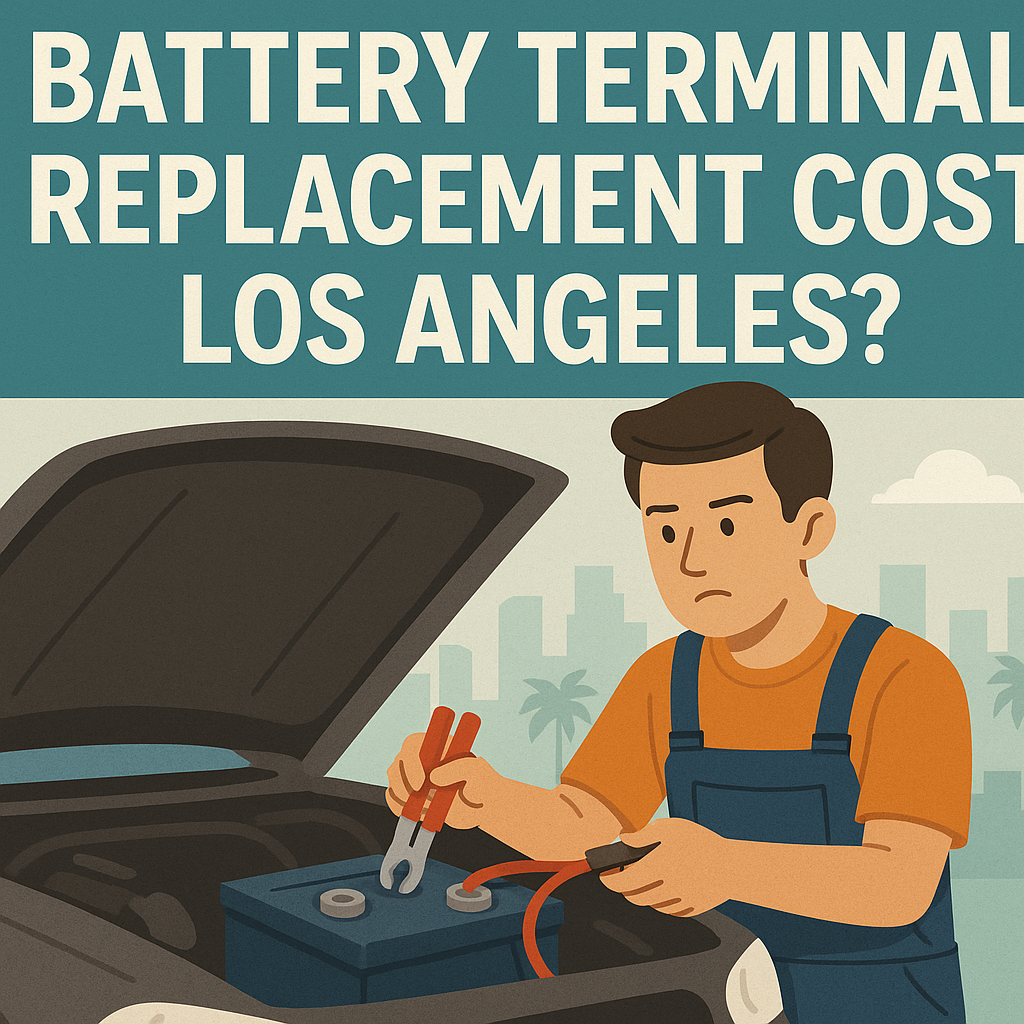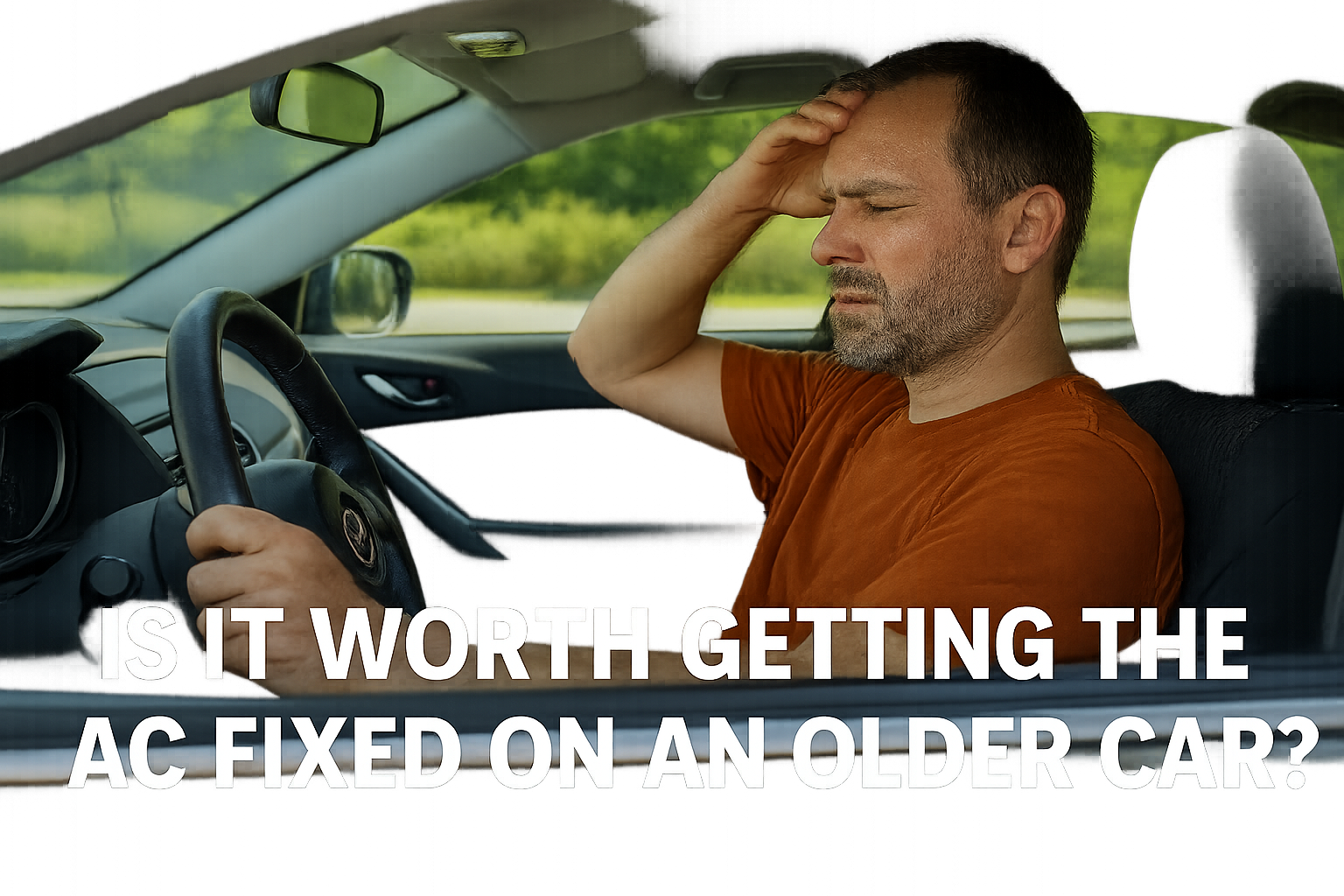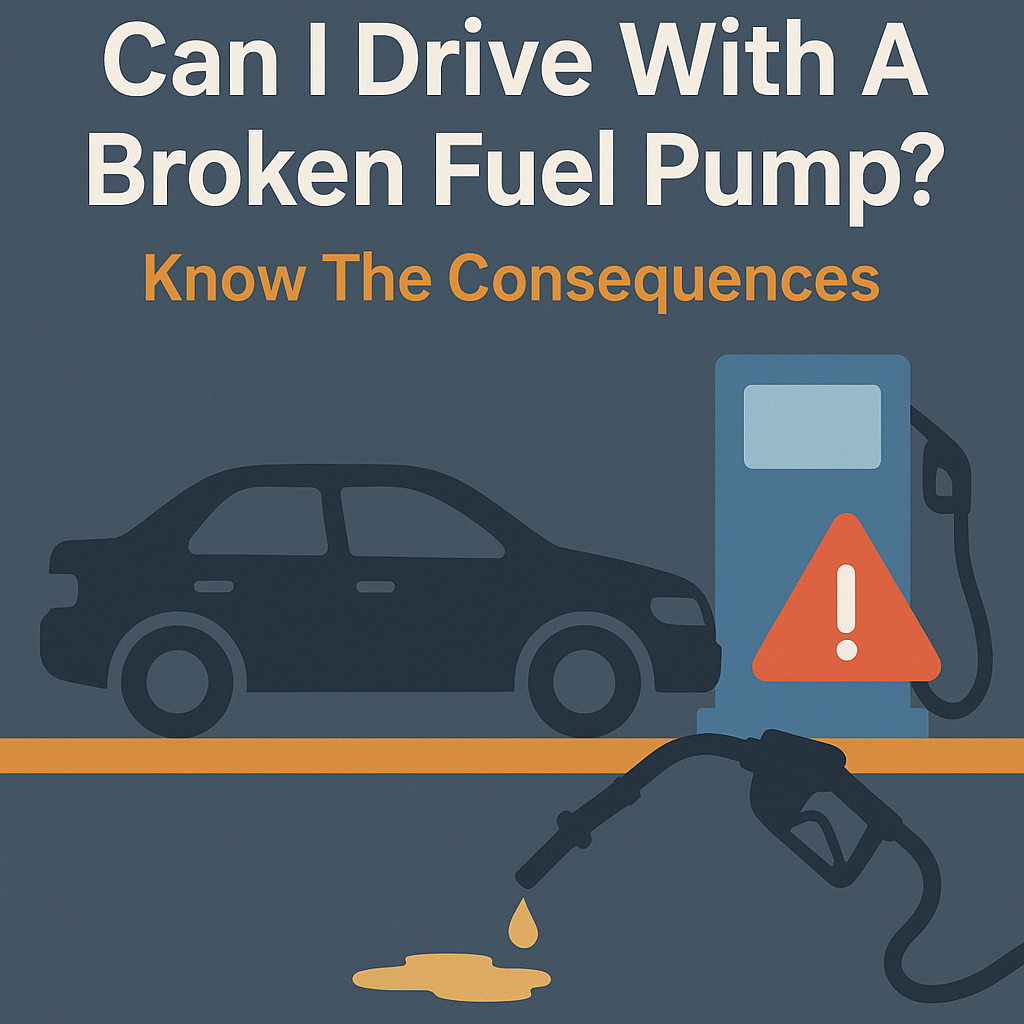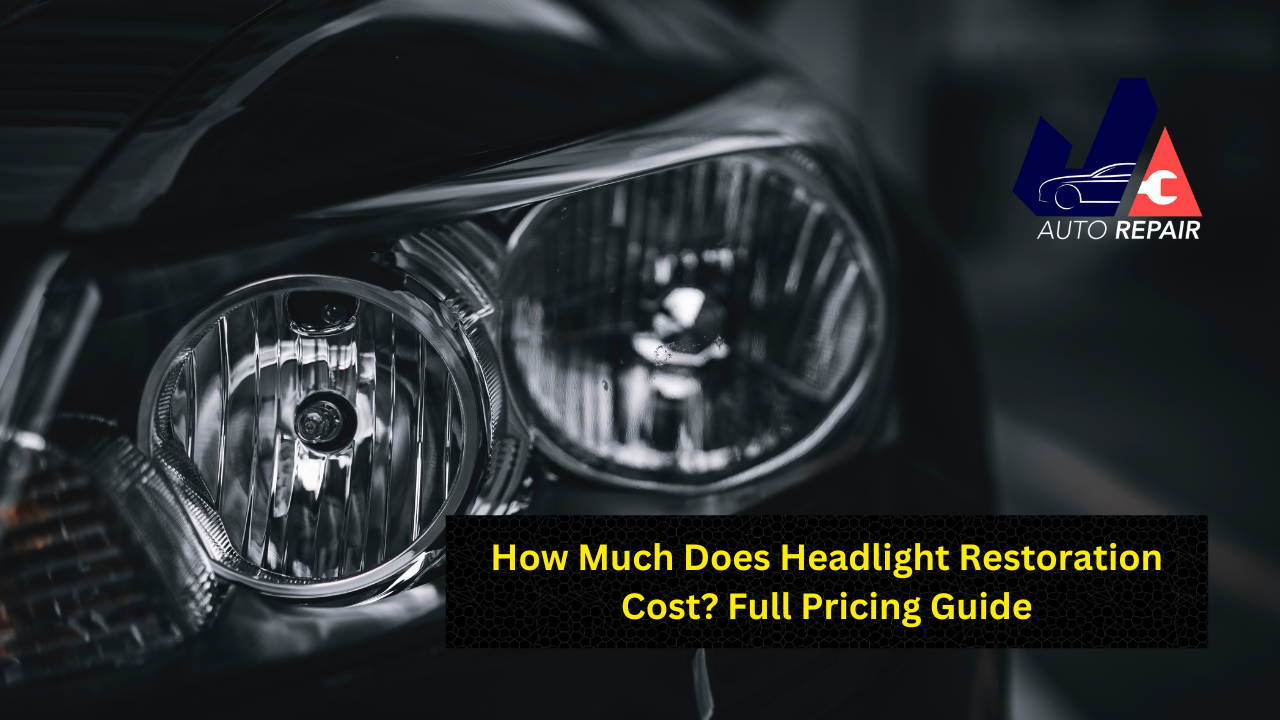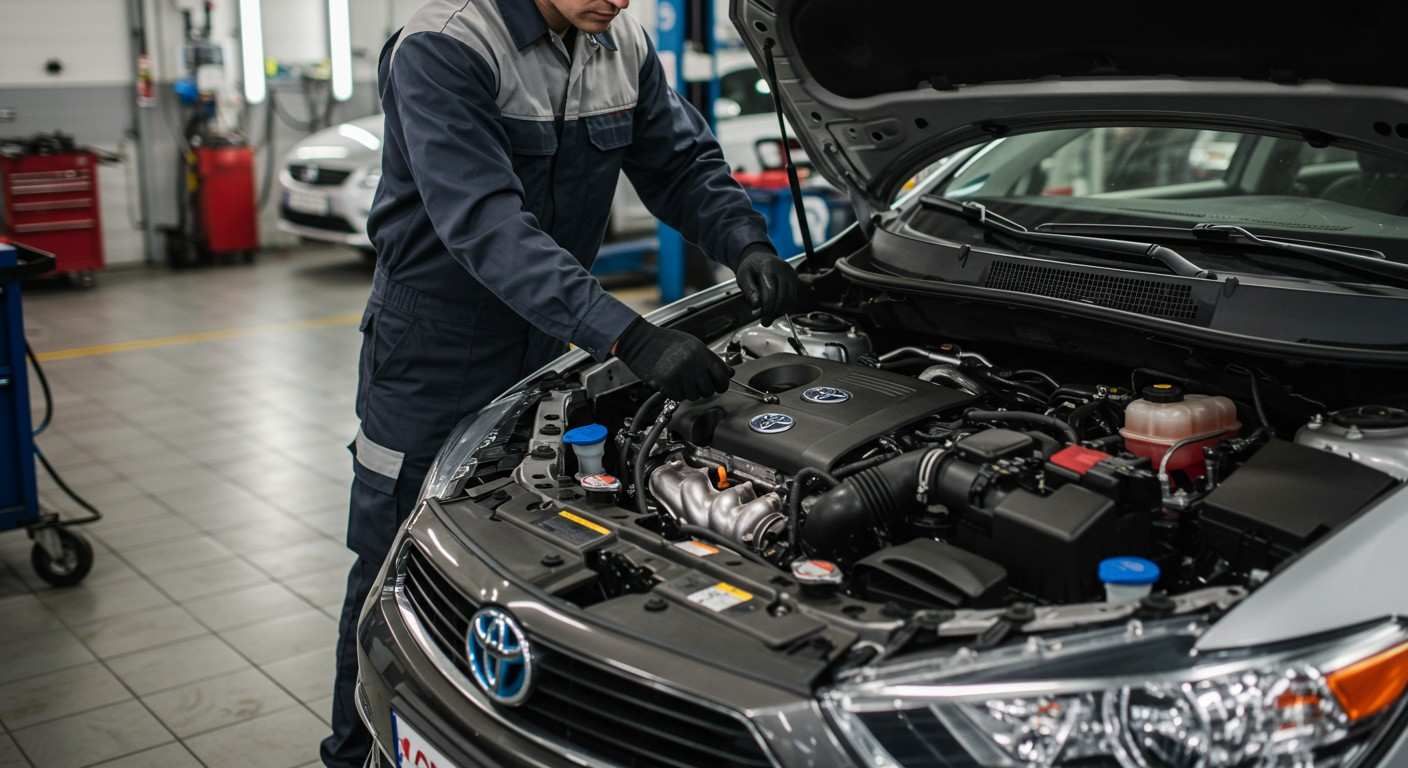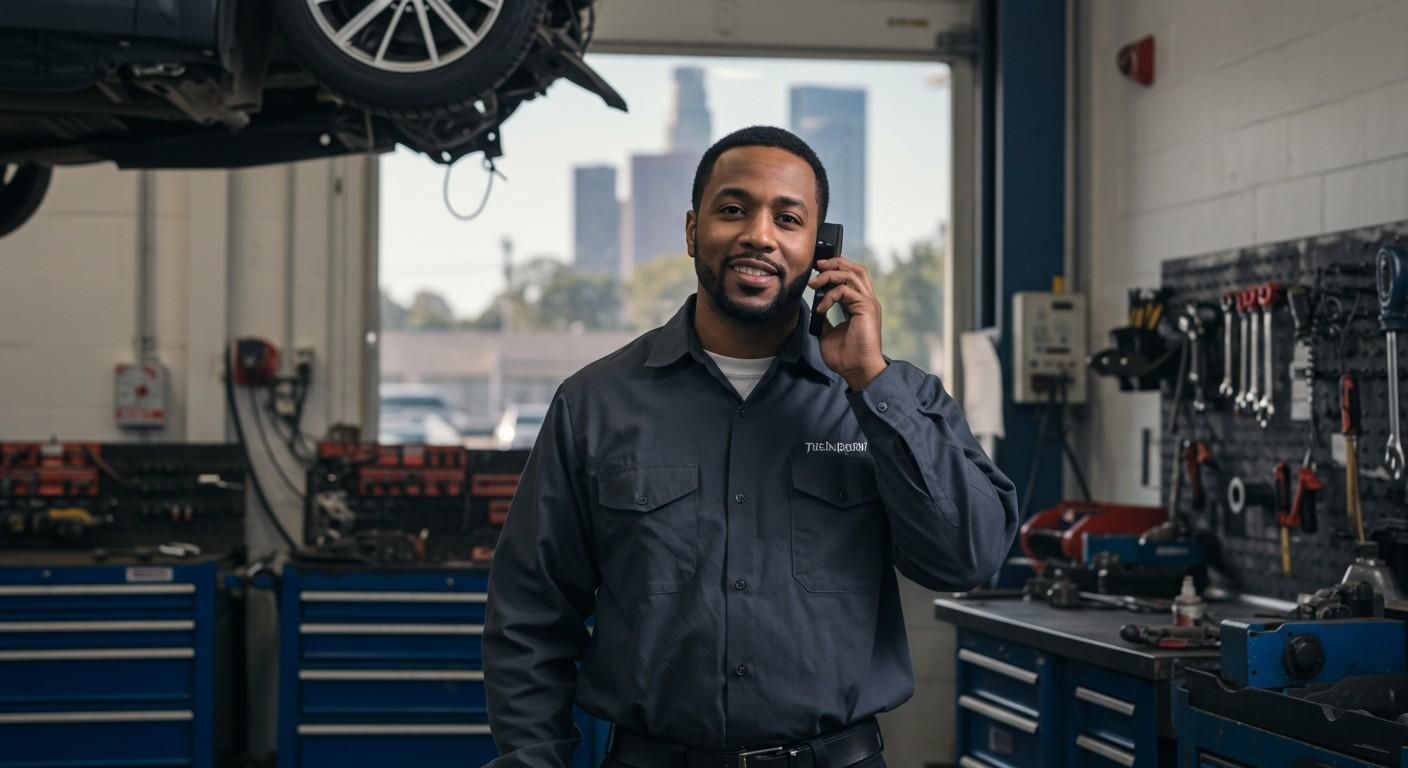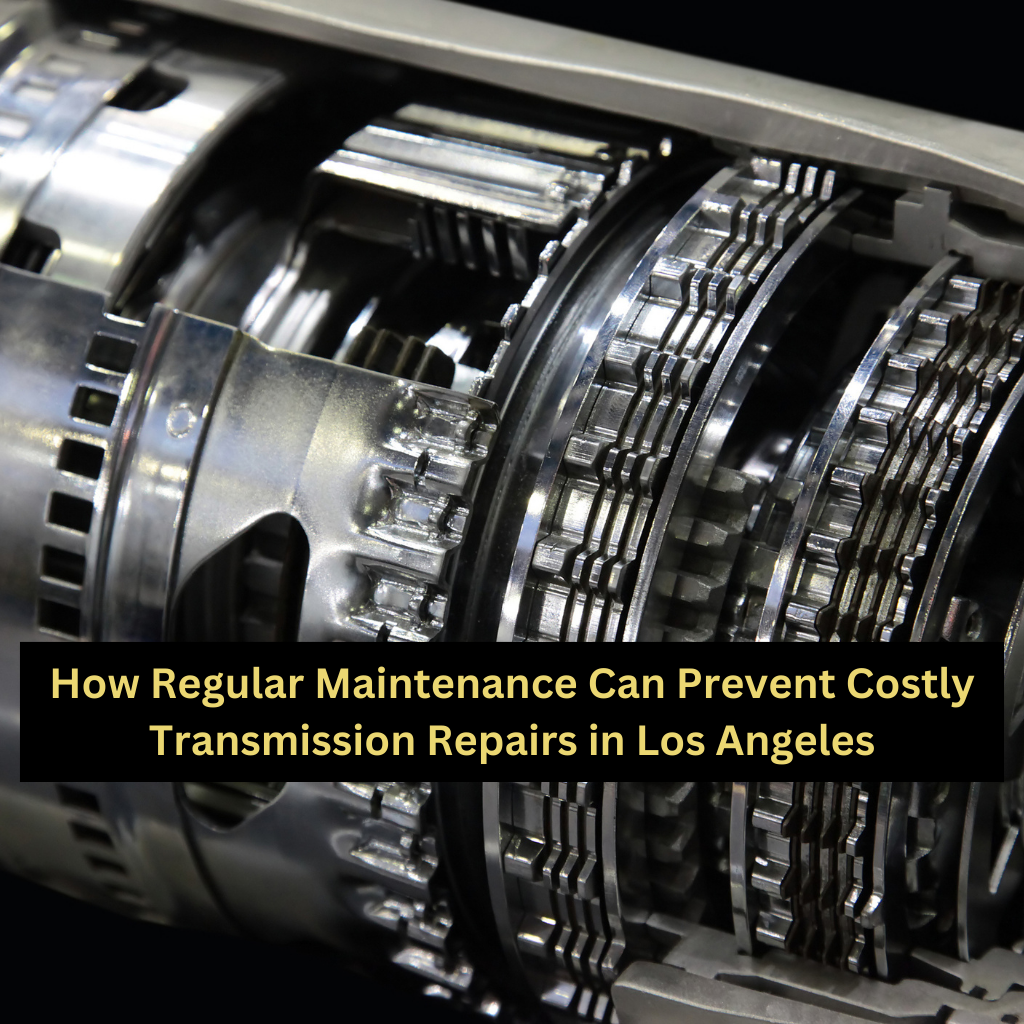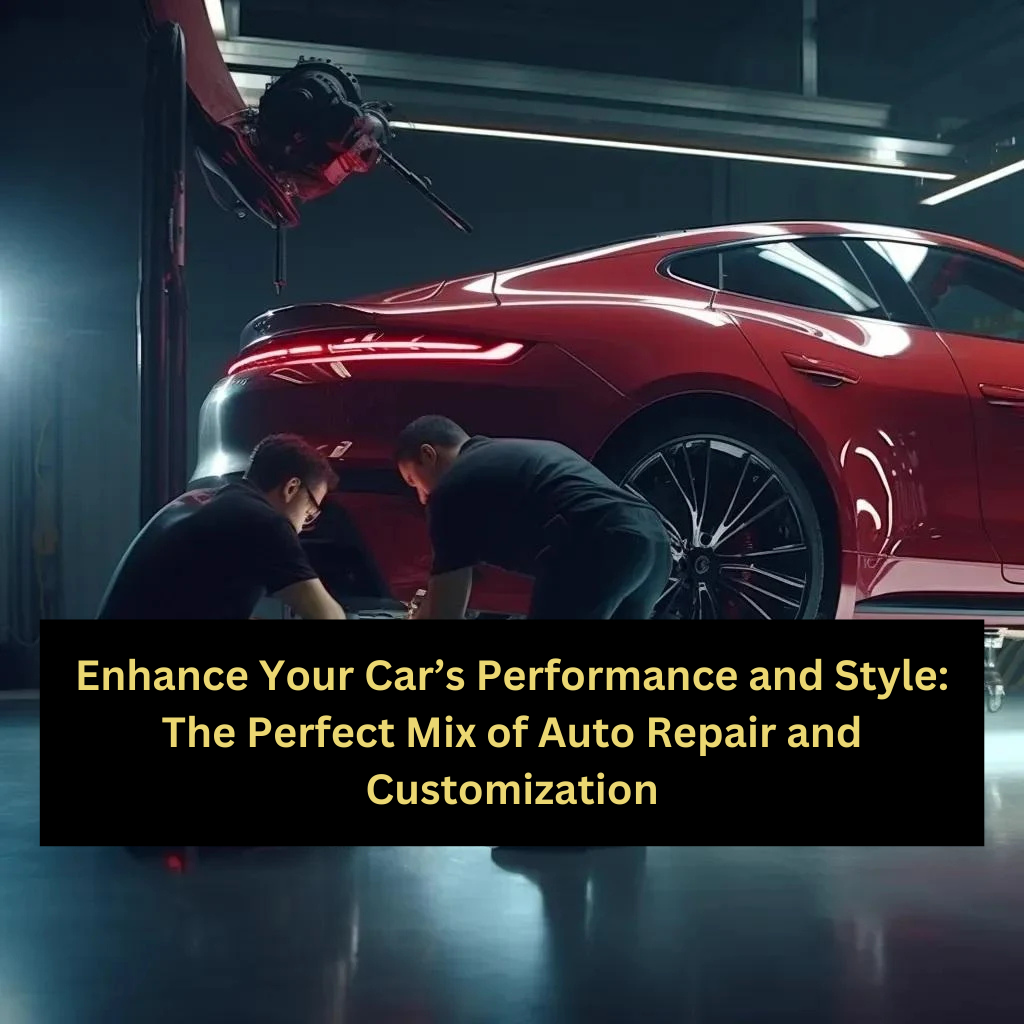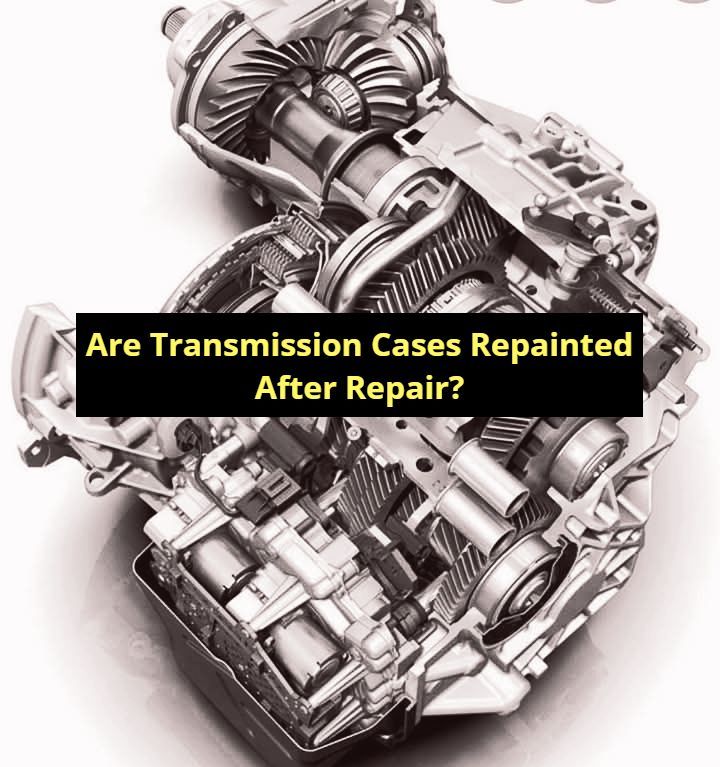When To Repair Or Replace Your Windshield Damage
A crack on your windshield may look small, but the risk behind it is huge. It weakens your car’s safety and could grow bigger with every bump or change in weather. Ignoring it can turn a simple fix into an expensive problem.
When to Repair or Replace Your Windshield Damage depends on factors like the size, location, and depth of the damage. Minor chips or short cracks can often be repaired, while longer, deeper, or edge-reaching cracks usually need a full replacement.
When To Repair Or Replace Your Windshield Damage - A Quick Answer
Not every crack means replacement, and not every chip is safe to leave alone. If the damage is small, clean, and far from your line of sight, repair is often enough. You can save time and money by fixing it early.
But when cracks reach the edge, stretch too far, or interfere with your view, replacement becomes the safer choice.
Your decision should always protect both your visibility and the strength of your windshield. It’s smart to let a trusted technician inspect it before the damage gets worse.
Trust JC’s Auto Repair Shop in Los Angeles for Expert Windshield Repair or Replacement
Driving around Los Angeles with a cracked windshield isn’t just risky; it can get worse fast.
At JC’s Auto Repair Shop, we know exactly when to repair and when to replace, giving you peace of mind every time you get behind the wheel.
Our certified technicians use top-grade materials and precision tools to keep your vehicle safe and looking sharp.
Whether it’s a small chip or a deep crack, we handle it quickly, affordably, and with care. Don’t wait until a minor issue turns into a costly hazard.
Call us today at 323 792 1777 or visit our Contact Us page to schedule your windshield service.
Signs Your Windshield Needs to Be Repaired
Small chips or cracks don’t always mean full replacement. Many of them can be fixed quickly and affordably if addressed early. Here’s how to tell when repair is the right move.
Chip Size Is Smaller Than a Coin
If the chip is smaller than a quarter, it’s usually safe to repair. These small chips often come from flying rocks or road debris and don’t reach deep into the glass. Quick repairs stop the crack from spreading and restore clarity. This is a low-cost way to keep your windshield strong.
Crack Is Less Than 6 Inches
Short cracks, especially those under six inches, are ideal for repair. These may look alarming but rarely affect the windshield’s structure.
A skilled technician can seal the crack, keeping it from growing. This avoids full replacement while keeping the glass strong.
Damage Is Not in the Driver’s Line of Sight
If the damage sits far from your direct view, repair is often safe. It won’t interfere with your vision once it’s sealed. Technicians use special resin that blends with the glass. Once cured, it’s hard to notice and doesn’t distract you while driving.
Crack Has Clean Edges
Cracks with smooth, clean lines are easier to repair. Jagged or branching cracks suggest deeper stress, which might require replacement. Clean-edged cracks respond better to resin injection and often regain most of the windshield’s strength.
Only the Outer Layer Is Affected
Windshields have two glass layers with a plastic sheet between them. If damage affects only the outer layer, it’s often fixable. Repairing this kind of damage helps maintain the windshield’s safety function without tearing it out and installing a new one.
Damage Is Recent
Fresh cracks or chips are easier to fix. Older damage collects dirt or moisture, making repairs less effective. If you act fast, repairs work better and last longer. Waiting too long may turn a simple fix into a costly replacement.
Signs Your Windshield Needs to Be Replaced
Not all damage can be repaired. Some types of damage affect your safety or the windshield’s structure. Here are clear signs it’s time to replace the windshield.
- Crack Is Longer Than a Dollar Bill: When a crack stretches more than six inches, repair isn’t safe or reliable. Longer cracks weaken the windshield and may keep spreading. Even after a repair attempt, the glass may not hold up under pressure. Replacement ensures full strength and safety.
- Damage Obstructs Driver’s Line of Sight: If the crack sits in your direct field of vision, replacement is best. Even a perfect repair may leave a blurry spot or light distortion. Clear vision is critical, especially in bad weather or at night. A new windshield gives you perfect clarity.
- Multiple Chips or Cracks Are Present: One chip is usually no big deal. But if your windshield has several chips or lines, it’s time to replace it. Multiple weak points mean the glass has lost its strength. A fresh windshield restores full protection and reduces risk during a crash.
- Damage Reaches the Edges of the Glass: Cracks near the edge of the windshield are more dangerous. These often weaken the whole structure and can spread fast. Edge cracks can’t hold pressure well. If your vehicle hits a bump or the airbag deploys, the glass could give way.
- Damage Penetrates the Inner Layer: If a crack goes deep through both layers of glass, it’s no longer safe. The inner layer supports the outer glass, and once it’s compromised, replacement is necessary. This kind of damage can affect how the windshield reacts in a collision, especially with airbags.
- Glass Is Discolored or Cloudy: If your windshield shows signs of cloudiness, hazing, or strange tints, it could mean internal damage. UV exposure or age can break down the materials. This makes the glass harder to see through and can reflect sunlight badly. A replacement gives clear visibility and better protection.
- Previous Repairs Are Failing: If an old repair is cracking or peeling, don’t risk another fix. Repairs are meant to last, but if they fail, the glass is likely unstable. It’s smarter and safer to replace the windshield than to patch it again.
- Water Leaks Through the Windshield: Moisture inside your car often means the windshield seal has failed. This can happen after damage or from incorrect installation. Leaks may lead to mold, foggy glass, or short circuits in your dash. Replacing the windshield and resealing it properly fixes the issue.
- The Windshield Vibrates While Driving: If the glass shakes or rattles on the road, it may have come loose or lost its integrity. Cracks near the frame or worn-out seals can cause this. This vibration isn’t just annoying. It signals weakness in the structure, and replacing the glass fixes it for good.
- You Plan to Sell or Inspect the Vehicle Soon: A cracked windshield can cause you to fail a vehicle inspection or lower resale value. If you plan to sell or get your car certified, a clean windshield helps. New glass boosts safety and improves how the car looks and feels. It’s a small change that adds a lot of value.
Is It Better To Repair a Windshield or To Replace It?
Repair is better when the damage is minor, clean, and away from your view. It’s faster, cheaper, and keeps your original glass intact.
But it only works for small chips or short cracks. If the crack is deep, long, or near the edge, you should replace the windshield.
Replacement is a safer option when the glass has lost its strength or shows serious flaws. It restores full visibility, helps with safety systems, and gives you peace of mind.
Experts recommend acting fast, no matter the choice. The longer you wait, the bigger the damage becomes and that leads to higher costs.
Wrapping Up
Choosing between windshield repair and replacement shouldn’t be a guessing game. A small chip might seem harmless, but a delay can turn it into a deep crack that puts your safety at risk.
With the right call at the right time, you save money and avoid future stress. Let an expert guide you based on the damage's size, location, and depth.
Whether it’s a quick fix or a full replacement, acting early keeps your view clear and your drive safe. Trust in the process, and don’t wait until it’s too late.
